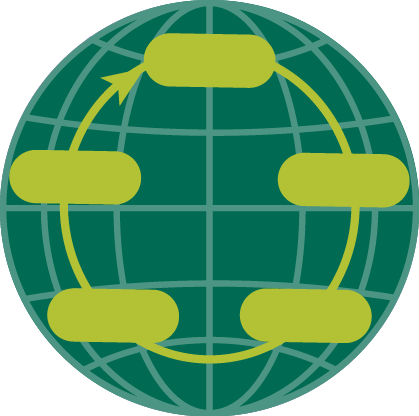This course is designed to introduce you to the basic concepts of the supply chain management of medicines and medical products, in the context of low and middle income countries' public health systems. Many of the issues of healthcare quality and safety are consequences of a poor supply chain management of medicines. It is estimated that, globally, an average 25% of the total health expenditure is spent on medicines, with poorer countries spending as much as 30%. Knowledge of the supply chain cycle of medicines and practical skills to enhance its management are important, not only for staff in leadership positions but also for health workers in general. Supply chain management activities are fundamental to any health programme performance and all personnel involved, whether it's an inventory manager in a warehouse, a pharmacist in a health facility or a procurement officer at the central medical store, must have a good understanding of the basic principles of supply chain management.
- Lead facilitator: Carole Piriou
Procurement plays a critical role in ensuring the availability of essential quality-assured medicines at all times at an affordable price for the people that need them.
Often international donor organisations and governmental organisations are involved in funding medical programs, resulting in the need of professionally run procurement processes. This course pays special attention to meeting the most common donor requirements and public procurement regulations.
The course guides the student through all steps of the procurement process, such as supplier selection, how to select the best value offer, contracting, quality assurance, measuring supplier performance and much more.
The objective of the course is to provide students solid knowledge about and a good understanding of the procurement process that will help them implement and/or professionalise procurement processes.
The procurement course is suitable for procurement/purchase officers, logistic officers, health officers and professionals with a responsibility in procurement, members of tender committees, pharmacists, program managers and supply chain managers in the public and private sector.
- Lead facilitator: Anuschka Veldhuis
There are many challenges ensuing from the increasing number of stakeholders in the health sector of developing countries. Different stakeholders often have different funding mechanisms and reporting requirements, which makes quantification of essential medicines and medical supplies more complicated. The course addresses the challenges faced during the forecasting and quantification of essential medicines, including HIV/AIDS medicines, anti-malarials and TB medicines. It aims at building up the participants’ capacity to master the forecasting and quantification tasks and to decide for the appropriate procurement planning process based on a profound analysis of the data.
- Lead facilitator: Griet Samyn


